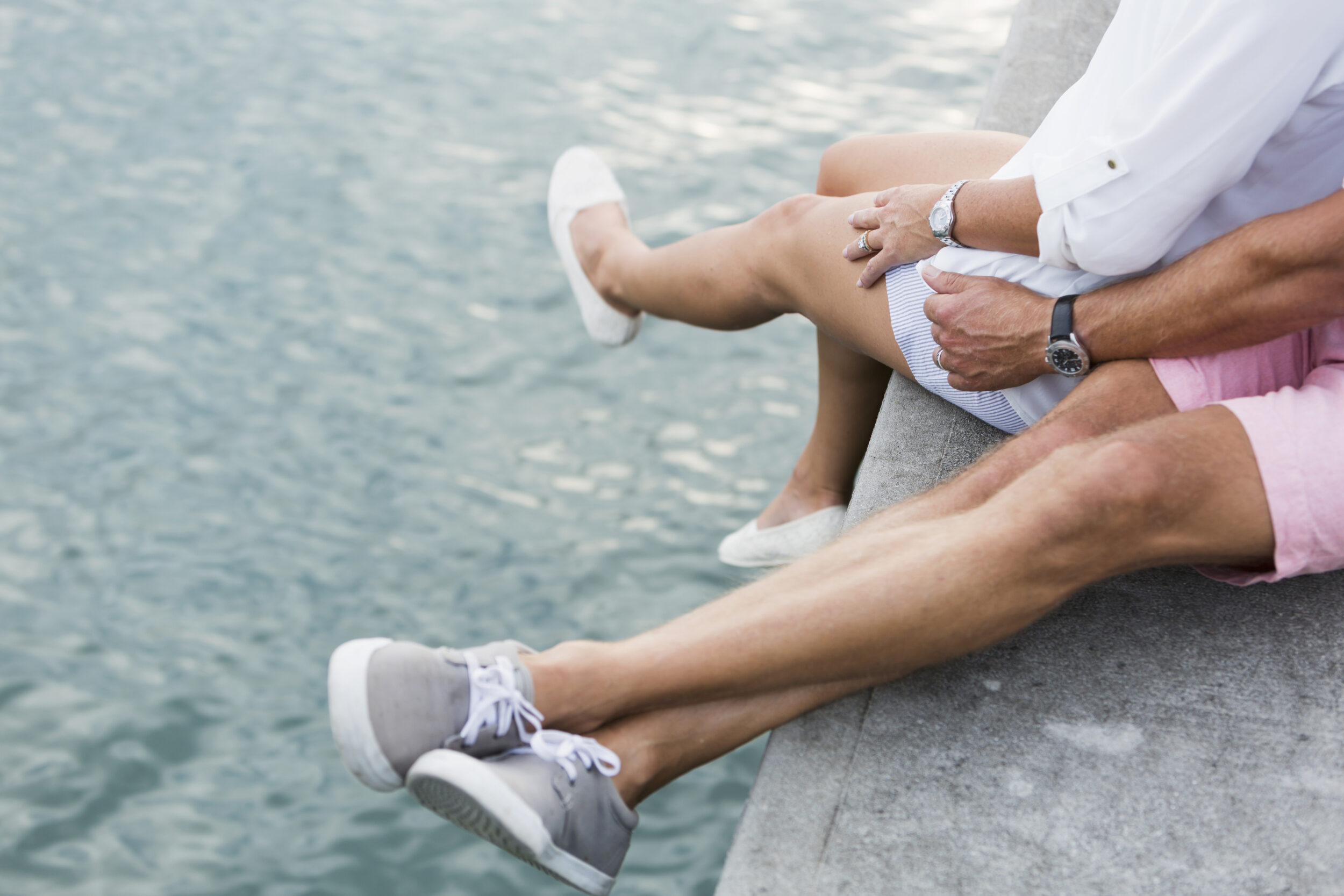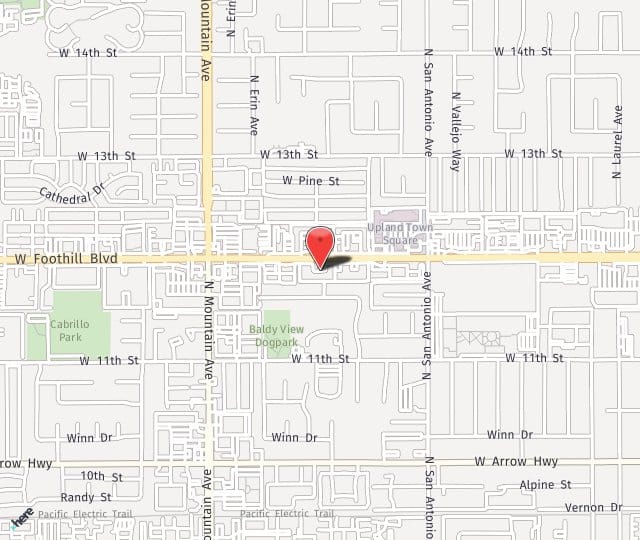
Hi there, I’m Dr. Susan Biegel. If you’re dealing with varicose veins, I understand how frustrating and uncomfortable they can be. Not only can they cause physical discomfort, but they can also make you feel self-conscious about your legs. The good news is, you don’t have to just live with it—there are several treatment options that can help.
Fill out our free vein health survey and book your consultation today at this link.
What Are Varicose Veins?
Varicose veins are those bulging, twisted veins that often show up on your legs and feet. They’re not just a cosmetic issue—they happen because the small valves in your veins aren’t working as they should. Normally, these valves keep blood flowing in the right direction, but when they fail, blood can pool and make your veins bulge.
Who’s at Risk for Varicose Veins?
Some of us are more prone to varicose veins than others. Factors like age, family history, gender, weight, and even the amount of time you spend on your feet can all play a role. If any of these sound familiar, you might be at higher risk.
What to Watch For
Varicose veins can cause symptoms like aching, swelling, itching, or just an overall feeling of restlessness in your legs. If any of this sounds like what you’re experiencing, it’s a good idea to explore your treatment options.
How We Diagnose Varicose Veins
When you come in, I’ll take a close look at your legs and ask about your symptoms. Sometimes, we’ll need to do a quick ultrasound or other tests to really understand what’s going on. This helps us decide on the best course of action for your specific needs.
Traditional Varicose Vein Treatments
In the past, surgery was pretty much the go-to option for treating varicose veins. But now, we have more choices. Treatments like sclerotherapy, radiofrequency ablation, and laser ablation can be very effective, though they may require a few sessions and have some drawbacks.
A Better Option: Varithena
One of the newer treatments I’m excited about is Varithena. It’s a foam that we inject directly into the vein, which then helps close it off. The procedure is quick and less invasive, making it a great option for many patients.
Is Varithena Right for You?
Varithena might be a good fit if your varicose veins are due to specific issues in your veins. However, it’s not for everyone, especially if you have certain health conditions or allergies. We’ll discuss this in detail during your consultation to see if it’s the right choice for you.
What to Expect After Varithena Treatment
After treatment, you might need to wear compression stockings for a bit and take it easy with exercise. But soon, you should notice your legs feeling better and looking smoother.
Take the Next Step
You don’t have to live with the discomfort or embarrassment of varicose veins. With the variety of treatment options available, there’s likely a solution that’s right for you.
For personalized advice and treatment options, don’t hesitate to contact the office of Dr. Susan Biegel MD in Upland, CA. Fill out our free vein health survey and book your consultation today at this link. Together, we can navigate the journey to optimal vein health and a more comfortable, confident you.

